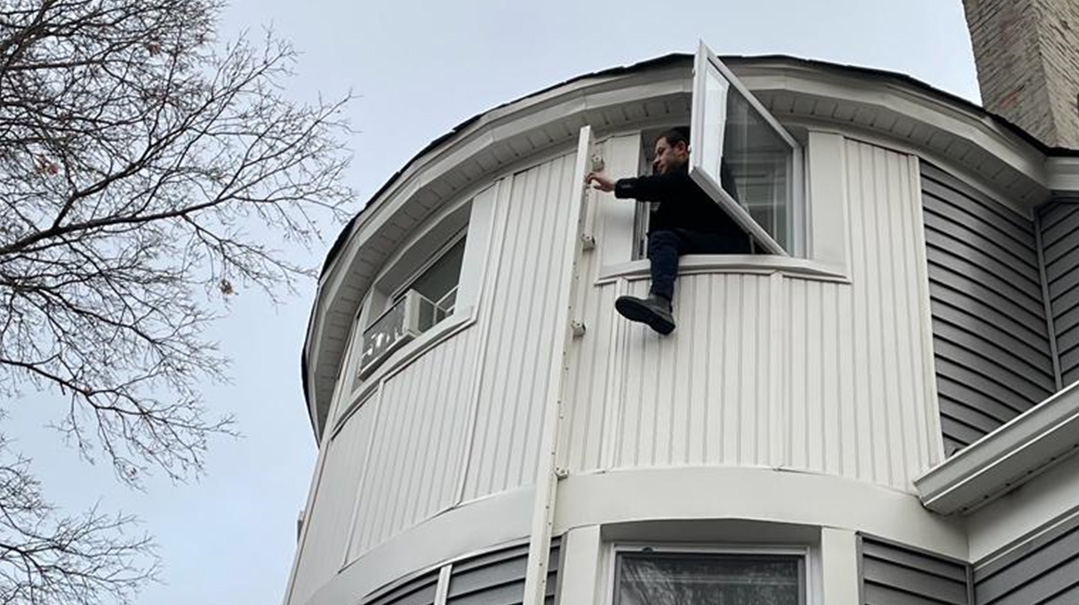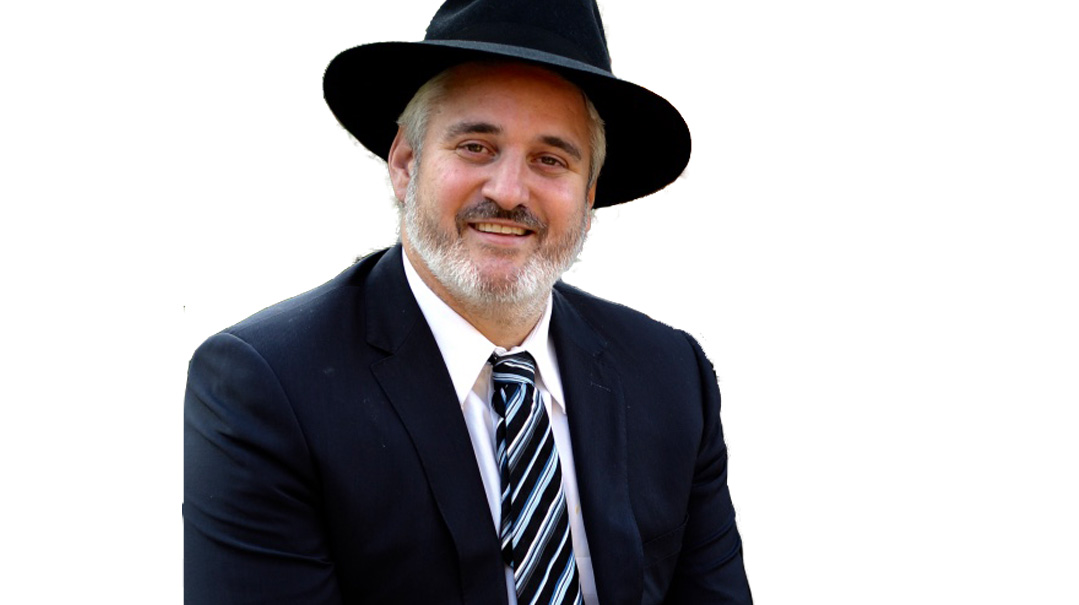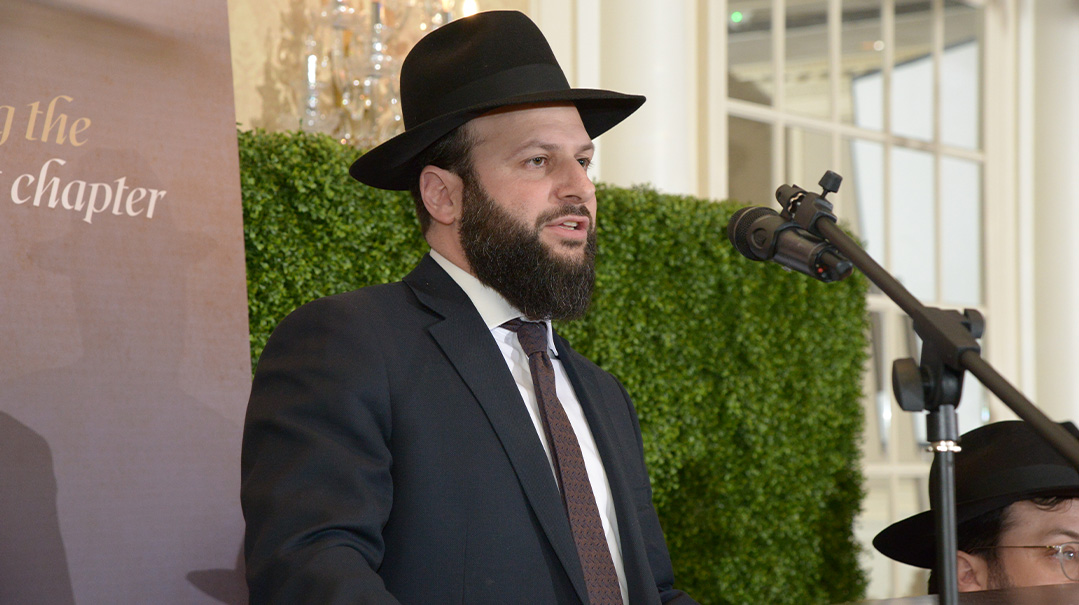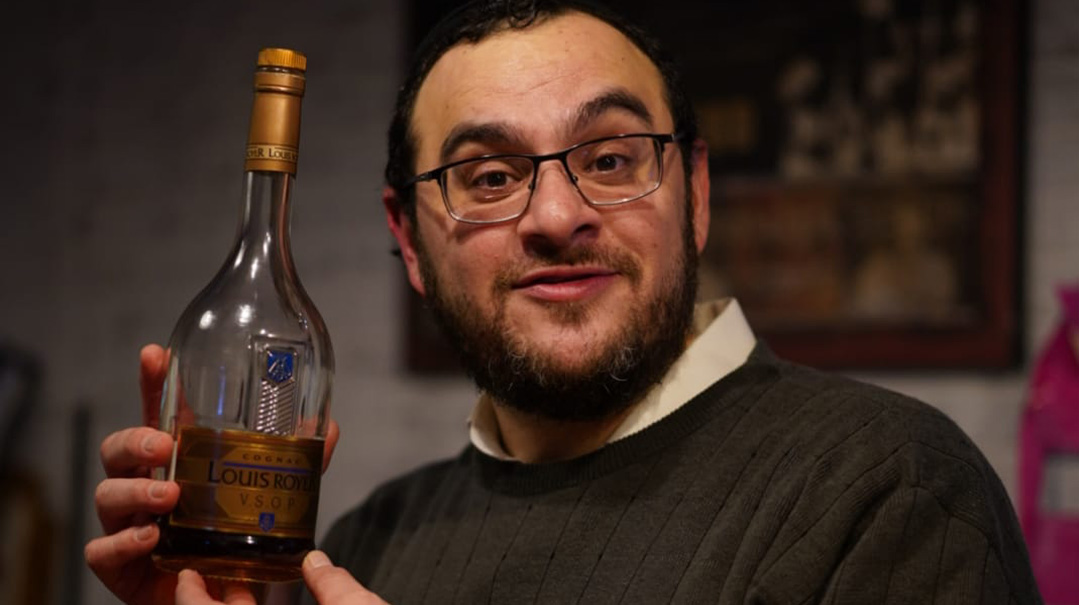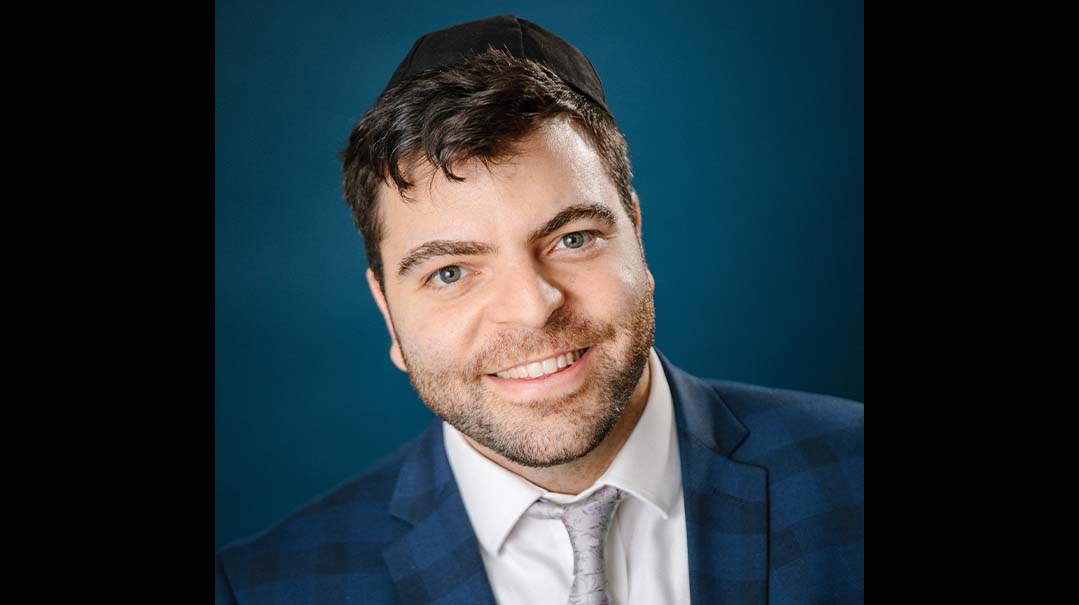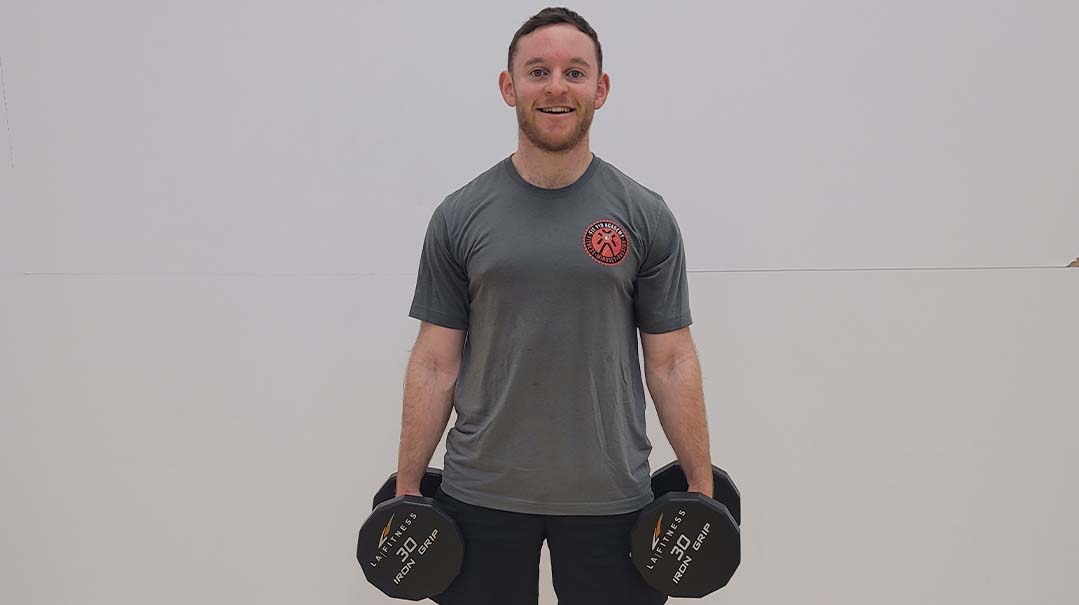10 questions for Rabbi Aryeh Silber

Rabbi Aryeh Silber is the author of Hachi Garsinan (Israel Bookshop), a guide to Aramaic words in the Talmud
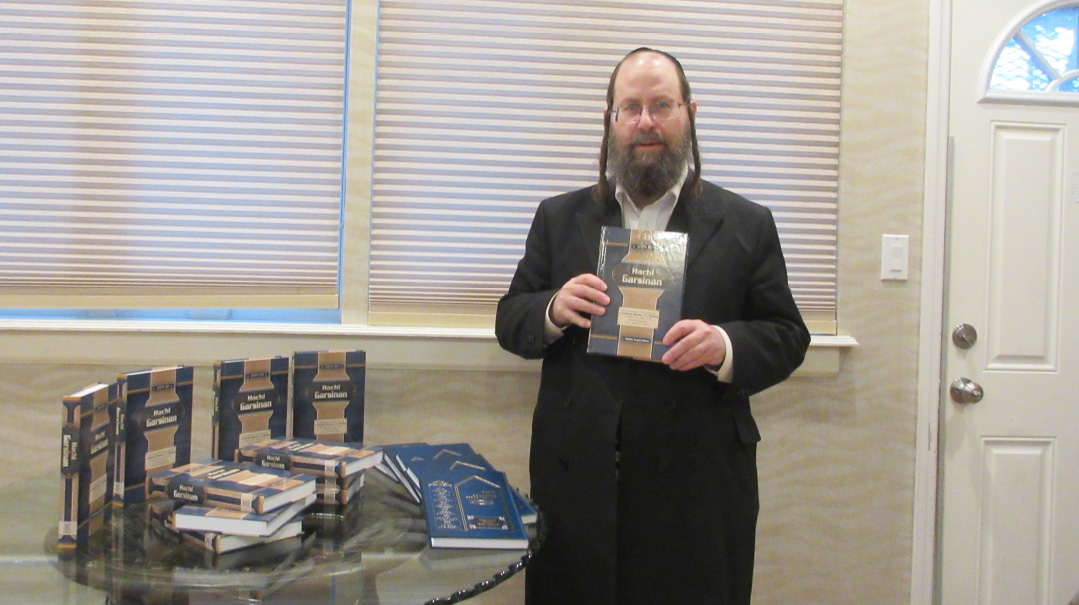
Where did you get the idea?
I was a rebbi for 11- and 12-year-old boys in a chassidish yeshivah, third year of learning Gemara, and then I started tutoring. I realized a lot of boys have problems figuring out the words of Gemara — this is usually the third language they’re exposed to, after Yiddish or English and Hebrew — and they get confused between “mani” and “nami,” and “hacha” and “heicha” and so on and so forth. I decided to make a list of the basic few hundred words with the teitsh on the side, and I’d give it out to all the yeshivos. That list is now a hardcover book in its fourth printing.
Why do students find Aramaic in the Gemara so difficult?
Usually when you learn something new, you go through the material slowly and increase your knowledge over time. Gemara is different; I can give you ten courses on Gemara, but when it comes to learning it, you’re lost. You don’t know when it’s a kasha, you don’t know when it’s a teretz, you don’t know when it’s a raaya, you don’t know when it’s a statement. “Amar lei” — you have to keep cheshbon of who says to whom. What other book is written in argument form, and you’re supposed to derive halachos from it? That’s what Gemara is all about, shakla v’tarya — back and forth. And there are no pintelech for punctuation, no nekudos for pronunciation. Chumash and Mishnayos have nekudos, but Gemara is a foreign language, and there’s no pintelech.
When do you see the most difficulties with Gemara learning?
The first year is easy, because boys learn Gemara like Mishnayos — every word, every sentence. They don’t really have to understand the whole shakla v’tarya. Kids fall out of Gemara not the first year — it’s the second or the third when they aren’t koneh it and they’re at a loss.
How did you get started?
My plan was a small booklet, but Hashem had other plans. Once I started writing, I’d find, Hey, this word has a shayachus to this Lashon Kodesh word, and I saw how similar Aramaic is to Lashon Kodesh. You have words where the shoresh is more or less the same: “meheiman —he is believed”is like “neeman — faithful.” You have combination words: “apuma” is “al pi —at the opening” or “agav” is “al gav — on top.” And you have words where the letters change. Sometimes it’s the ayin that changes to an alef, like “aha” — “ha” means this, “aha” is “al zeh —on this,” the alef here is in place of the ayin, and in this case, in place of the word “al.” I decided to make a list of these osiyos hamis’chalfos, these words with switched letters. My brother showed me I’m not the first one with this idea, Rav Avraham ben HaGra made a chart of osiyos hamischalfos, so I expanded on it.
What was your next step?
I saw this concept isn’t limited between Lashon Kodesh and Aramaic, we actually see it within Lashon Kodesh. Take “rovetz” and “roveia”— both mean crouching or hovering, and the tzadi and ayin are interchangeable. There’s a lot of talk about why: Some say because these sounds are produced from the same place in your mouth or throat. The “tz” and “s” and “z” sounds are made by the same pursing of the tongue and teeth, so tzadi, zayin, and samech are often interchangeable. I also included charts of these similarities within Lashon Kodesh to show the concept isn’t limited to Aramaic.
How did you format the book?
I write the literal translation in smaller letters and the meaning we use in italics. I also put together a list of klalim and the history of Aramaic. As I always say, Aramaic is to Lashon Kodesh as Yiddish is to German — Hebrew is the father language, and the Aramaic is the toldah, but the DNA is the same. We know languages change with place and time — the shtetl Yiddish of 200 years ago is different from Williamsburg’s Yiddish today, and the English in England is different from the US. In England, the signs say “Flat to let,” in America, it’s “Apartment for rent.” If you think about it, in the olden days, there was much less travel — a community five miles away had a completely different population, and each place and pocket spoke differently. That’s how one language can have many dialects.
What words do you give as examples of crossover?
One is chad in Aramaic, echad in Hebrew. You have tlasa, that’s shalosh — the shin changes to a saf. Temanyah is shemonah. All the vowels — alef, hey, vav, yud — are interchangeable, they’re in place of nekudos. So “neeman” is “meheiman” — instead of the alef, you have hei-yud. When you see it black on white, you can chap, it brings Aramaic close to Lashon Hakodesh, and it doesn’t scare you as a third language. The student starts off thinking, Lavan HaArami spoke Aramaic, what’s the shayachus to me? But as a dialect of Lashon Hakodesh, it’s more accessible. The Rambam, the Ibn Ezra, and the Kuzari write that Aramaic, Lashon Kodesh, and even Arabic are all the same language, and once kids can trace the word to Lashon Kodesh, it’s easier.
How far did your research take you?
I started sitting over a Gemara to find the common words — and I ended up researching similarities with Arabic. I’ll never forget when I stood with two Arab workers in a local establishment and went through the first version of my sefer with them, word for word. We sped through numbers, wahed is echad and so on, and then we went through basic words, day is yoma in Arabic, in Hebrew that’s yom. Everyone knows shalom aleichem is salaam alaikum. But there’s so much more! Embarrassed is kesifah, he pronounced it a little differently and it took me time to chap — in Aramaic, in the Gemara, it’s kasaf.
Who uses your guide?
Melamdim, students, anyone who learns Gemara or enjoys languages. A maggid shiur once told me, “My job isn’t to say the teitsh of the word of the Gemara, just to say the pshat. But every time I say ‘hachi hashta,’ I get confused — how do I teitsh ‘hachi hashta’?” In English, it’s, “Is this a comparison?” But if you break it down, it’s more like, “Hachi — azoi, like this? Hashta — it’s now.” In the book, you see it’s not so farfetched to use the term, “Now so?” We don’t really have such a term in English, but that’s the idea.
What’s the best feedback you ever got?
Somebody ran after me and said, “You saved my brother-in-law.” What do you mean? I’m not in that line of saving lives. He tells me, “My brother-in-law is a bochur with a good head, but he said, ‘I don’t understand what the Gemara wants from me, the rebbi teitshes the word differently every time, this isn’t for me’ — he was almost OTD. I got your book, every day we went through the Gemara he learned, and he saw every word has a meaning. You saved him!”
(Originally featured in Mishpacha, Issue 860)
Oops! We could not locate your form.

